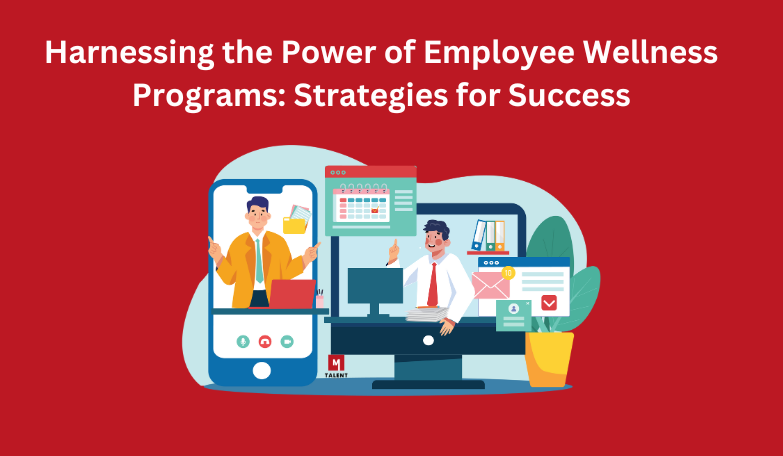New Age Recruitment: Revolutionising Talent Acquisition in the Digital Era

Introduction
In today’s fast-paced digital world, the landscape of recruitment is undergoing a remarkable transformation. Traditional methods of hiring are making way for innovative strategies collectively termed as New Age Recruitment. Leveraging the power of technology, data, and creativity, companies are redefining the way they find, attract, and retain top talent. This article delves into the realm of New Age Recruitment, backed by compelling statistics, to showcase how businesses are embracing change to build their dream teams.
1. Digital Platforms and Social Media: The Recruiter’s Playground
Statistic: According to a LinkedIn survey, 87% of recruiters use LinkedIn to source and vet candidates, making it the top social media platform for professional networking.
Digital platforms and social media have become the epicenter of modern recruitment efforts. In the New Age Recruitment paradigm, recruiters harness the vast reach of platforms like LinkedIn, Glassdoor, and Indeed. These platforms offer not just job postings, but also insights into candidates professional profiles and allow for interactive engagement. Social media channels amplify employer branding efforts, creating a compelling narrative that attracts high-quality candidates.
2. Artificial Intelligence and Machine Learning: The Screening Revolution
Statistic: A study by PwC found that 72% of business leaders believe AI can offer a significant business advantage.
AI and machine learning algorithms are transforming the screening process. With the ability to analyse vast amounts of data in seconds, these technologies match candidate profiles with job requirements. This expedites the screening process, ensuring that recruiters focus their energy on candidates who are the best fit for the role. AI-driven chatbots handle initial candidate interactions, providing instant responses and freeing up recruiters’ time for more strategic tasks.
3. Gamification: Enhancing Candidate Experience
Statistic: According to Talent Board’s Candidate Experience Research Report, 60% of candidates said they would be more likely to recommend a company to others after a positive hiring experience.
Gamification injects an element of fun and challenge into the recruitment process. By utilizing game mechanics in assessments, recruiters gain insights into candidates skills and personalities. Moreover, gamification enhances the candidate experience, making the application and evaluation process interactive and engaging. Positive experiences not only attract top talent but also enhance a company’s reputation, leading to increased referrals.
4. Remote Recruitment and Onboarding: Expanding Horizons
Statistic: Buffer’s State of Remote Work report revealed that 98% of respondents would like to work remotely, at least some of the time, for the rest of their careers.
The New Age Recruitment era embraces remote work, allowing companies to tap into a global talent pool. Virtual interviews and online assessments facilitate seamless cross-border recruitment. Digital onboarding processes ensure that new hires integrate smoothly into the company culture, irrespective of geographical distances. Remote recruitment not only broadens the talent landscape but also aligns with the preferences of the modern workforce.
5. Employer Branding: The Power of Perception
Statistic: According to Glassdoor, 94% of candidates are more likely to apply for a job if a company actively manages its employer brand.
In the New Age Recruitment landscape, employer branding is not just a luxury but a necessity. Positive employer branding significantly influences candidates’ decisions. Companies invest in showcasing their unique work culture, employee benefits, and growth opportunities. Transparent employer branding not only attracts talent but also fosters loyalty among existing employees, reducing turnover rates.
Conclusion
New Age Recruitment is not merely a trend, it is a fundamental shift in how businesses approach talent acquisition. Backed by technology and driven by candidate-centric strategies, this approach ensures that companies not only find the right talent but also provide a positive and engaging experience throughout the recruitment process. As these statistics highlight, the future of recruitment lies in embracing change, leveraging technology, and building strong employer brands to create winning teams in the digital era.



